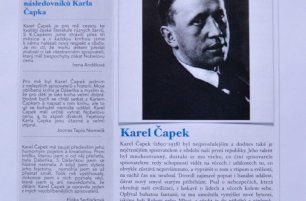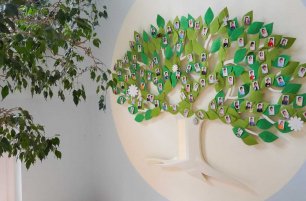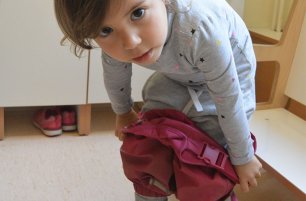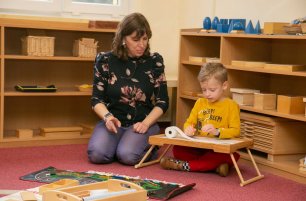IMSP’s LIDOVÉ NOVINY
Introducing IMSP’s LIDOVÉ NOVINY, a Czech-language newspaper written, edited, and assembled by our Upper Elementary students. This project was inspired by renowned Czech writer Karel Čapek. Čapek, best known for inventing the word „robot“, was beloved for his versatile and multi-genre pieces. Bouncing between modern fairytales, short stories, travel-logs, and biographical work, Čapek also had a particular affinity for the feuilleton, a short newspaper essay designed, not only to inform the reader, but to amuse them as well.

Our Upper Elementary students have been studying Čapek’s work over the last few months and have now had the chance to reimagine his legacy and create their own pieces. Our project—the LIDOVÉ NOVINY, named after the newspaper Čapek most frequently contributed to, gave our Upper Elementary students the opportunity to explore new genres and show off their Czech-language writing skills.
Our Upper Elementary students worked hard to make their ideas a reality. Want to support them? LIDOVÉ NOVINY is availble for purchase as part of their fundraising efforts for special activities during their spring overnight trip.






